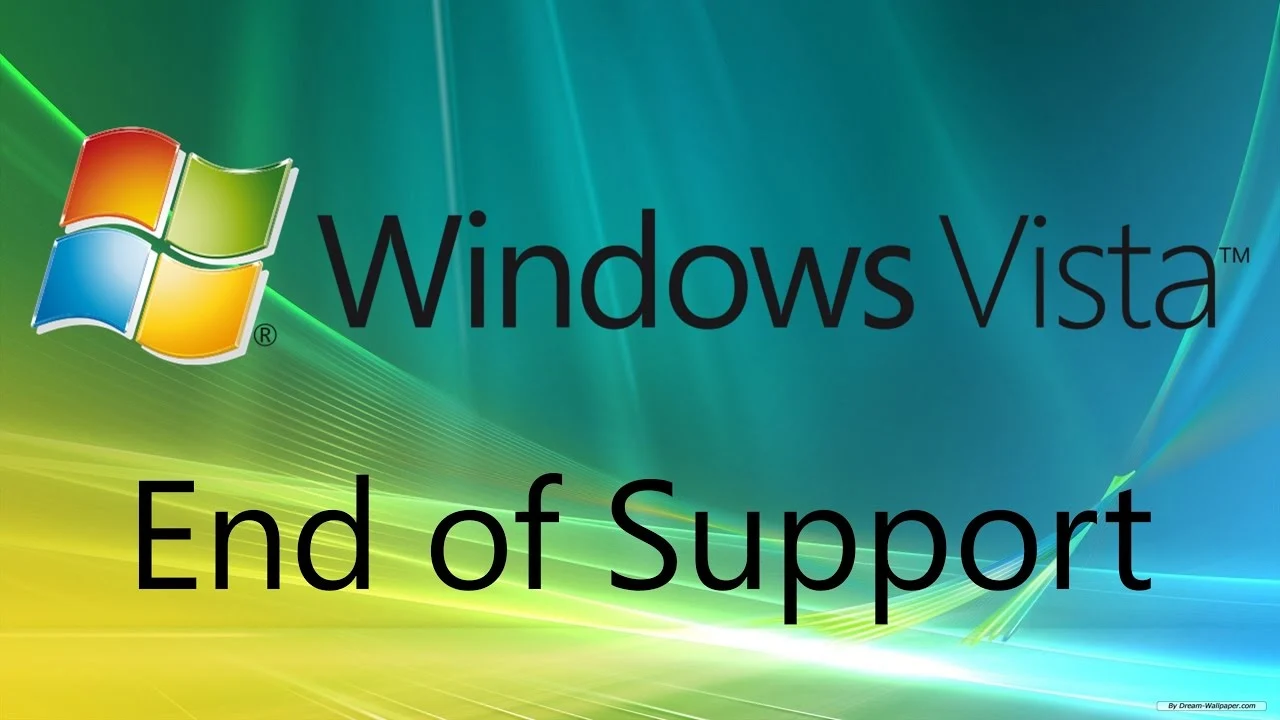
Kodi V18: Goodbye Windows Vista
Martijn Kaijser
Development on Kodi also includes making sure it keeps working on all current and older operating systems. However at some point we also have to say goodbye and end support.
In the past we already had to say goodbye to the first XBOX, Windows XP, Apple TV2, Ubuntu 12.04, anything lower than OSX 10.8 and all versions lower than Android 5 (Lollipop).
For the upcoming Kodi v18 codename “Leia” we again have to bring some bad news as we will be dropping support for Windows Vista. For you as Vista users that could mean two things. Either you upgrade your computer to a newer version of Windows or you continue to use Kodi v17 till the end of days. Yes that’s right. You can continue to use Kodi v17 as long as you want and it will continue to run without problems. The only thing that might happen is that certain add-ons might not get updates anymore and will start to degrade or stop working. The main part of Kodi however will never stop functioning and playing your local video files, music or live tv setup will simply keep working.
Why?
A general response we get from users still running these platforms is that we do not care about them and we are forcing them to upgrade to more current platforms or even hardware which costs them money.
To get these false rumours squashed once and for all I will explain the reasoning behind this seemingly pointless dropping of older operating system versions or devices. To start with we never force users to upgrade their Kodi version. If it works it works and you should only update if you wish to do so. We do however encourage users to at least upgrade towards Windows 7 or even better Windows 10 which is certainly the best supported version.
Dropping older platforms
Now comes some of the historic aspect of why we need to drop support for some. Kodi began it’s development on the original XBOX dating back to 2002 where a group of hobbyists began to fill the void of a proper media center. During the years it evolved and the code which it consists of grew and grew to a size that almost became unmanageable. Adding to the fact more platforms were added as well keeping all this working across all these operating systems versions and devices became quite a nightmare. As such the decision was made few years ago to stop this foolish legacy support and carefully consider on what was acceptable to say goodbye to. The main conclusion was that ending the support from our side at the same time as the company or organisation who is behind the operating system was the obvious answer. For Ubuntu we follow the long term support releases until their end date. For Windows we do the same when Microsoft stops sending out security patches. So with Ubuntu and Windows we take in account the security aspect as the OS version won’t receive patches.
In case of Android we have a slightly different policy as users are not depending on Google’s support timeline but from the device manufacturers who ship Android on their devices. In general this support is awful to say the least and sometimes support already has ended before the device is made and you can be assured of the fact you will never get another (security) update, ever. On a positive note there are however a select few that do update their devices so be sure to do some research before buying. Additionally Android in the beginning was quite immature regarding features and stability however has improved considerable past years to the point it’s near complete from Kodi point of view. Looking at the code we have to keep dragging around to support older versions it became quite clear we would have to cut support for older versions below Lollipop (at the moment) to not halt our development and provide the best experience we can. We will continue to evaluate if we have to raise the bar again to Marshmallow in coming years.